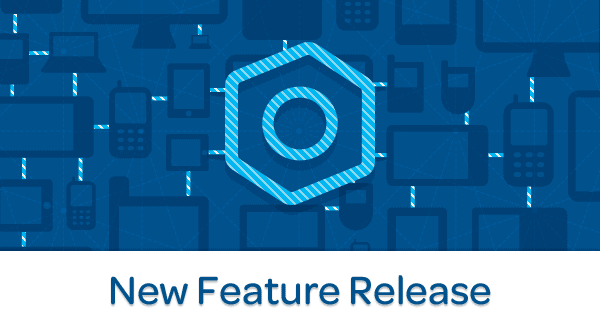Mobile Tracking After The Removal Of The UDID

Some time ago Apple deprecated developer's access to the UDID for iOS devices and recently it has been reported that they are proactively rejecting apps that are submitted which still access it. Many networks have relied solely upon this feature to track user activity between multiple apps on the same device but fortunately there are many good replacements that are all supported by Cake for mobile tracking in its absence. There are some things to consider when choosing the best replacement of the UDID for your network. I will briefly touch on a few of these replacement options as well as Cake’s opinions on them.
The MAC address. The UDID provided a unique key that was specific to the device that would never change. When this was removed the MAC address became the first choice to be a replacement since it is also a unique identifier that is specific to the device. This solution will provide the same accuracy as the UDID and can be accessed by any native iOS app on the device. Many apps who access this as a unique identifier will hash it (MD5) before transmitting it so using this will require coordination with any network involved. We feel this is a great replacement for the UDID but are concerned that Apple may eventually remove this functionality in the future as it brings up the same concerns as using the UDID.
OpenUDID. This is an open source solution to replace the UDID which was produced by appsfire.com. This method uses the device pasteboard which can be used to store and access values between any app on the device. OpenUDID essentially creates a local unique identifier and stores it so that it is accessible between any other apps which also use OpenUDID. This allows the user to be tracked with a unique identifier between multiple apps on the same device without a global device specific ID. Another benefit of OpenUDID is that it allows users to opt-out of being tracked. This can be viewed as a downside to anyone looking to never miss a user but this falls within Apple's intent and could be another reason that this solution becomes the industry standard moving forward. The method of using the system pasteboard is not hard to implement as a proprietary solution in an individual network, but this solution becomes much more valuable if more people adopt it moving forward.
Device fingerprinting. This solution involves gathering as much device attribute information as possible and its current IP address, but without accessing any unique identifier that is specific to the device. Because mobile devices can change IP addresses frequently and share a lot of the same device attribute information, this method of tracking is not perfect but is a great solution for tracking within a short time frame. Cake has developed a customized matching system to provide the highest accuracy of conversion tracking with the limited information. The benefits of tracking with this method are that very little integration is needed and much less coordination is required between networks that traditionally require matching on a unique key. This is also the only method that can work between both browsers and apps since both the MAC address and OpenUDID require access to a native app. This does not access any device specific information and should not upset Apple moving forward. While it is most often used for tracking installs, it is also a great fallback solution in the case that a unique identifier is unavailable or if the traffic comes from the mobile browser.
Cake is able to use any method of mobile tracking including all of the solutions above. The removal of the UDID is unfortunate but there are many options that will work as replacements. We support the efforts of OpenUDID as this seems to be a great solution to this issue and it will become much more valuable as more companies adopt it as a standard. Depending on your needs a hybrid between the many options and a fallback to device fingerprinting may be the best solution for the time being until the industry is able to more clearly define the new standard. Cake fully supports these hybrid scenarios to automatically provide the most accurate tracking possible.